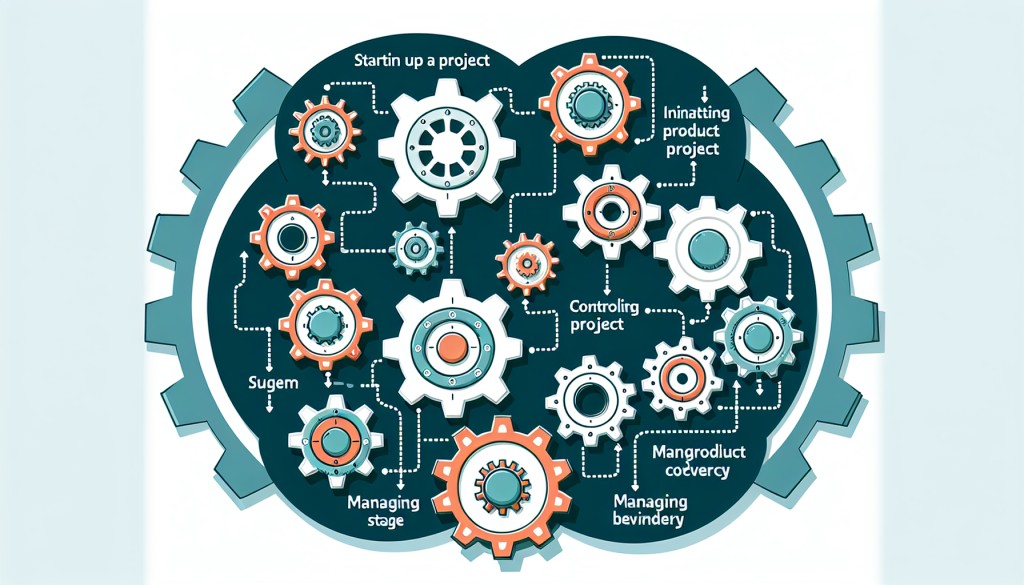In todays fast-paced business world, having a solid project management framework in place is essential for success. One such framework that has gained popularity in recent years is PRINCE2. PRINCE2, which stands for Projects In Controlled Environments, is a structured project management methodology that divides projects into manageable stages.
One of the key components of PRINCE2 is its focus on processes. These processes are a series of steps that are followed to ensure that projects are delivered on time, within budget, and to the highest quality standards. While some may see processes as bureaucratic red tape, they are actually crucial for the successful delivery of projects. Here are 10 reasons why PRINCE2 processes matter:
Clarity and structure: PRINCE2 processes provide a clear and structured approach to project management, ensuring that everyone involved knows their roles and responsibilities.
Consistency: By following a set of defined processes, projects can be delivered consistently and efficiently, regardless of the size or complexity.
Risk management: PRINCE2 processes include risk management strategies that help to identify, assess, and mitigate potential risks before they become major issues.
Communication: The processes within PRINCE2 promote open and effective communication among team members, stakeholders, and project managers.
Quality assurance: PRINCE2 processes include quality assurance measures that ensure that projects meet the required standards and deliver value to the organisation.

Flexibility: While PRINCE2 processes provide a structured approach, they also allow for flexibility to adapt to changing circumstances and requirements.
When discussing international standards the topic of Key PRINCE2 processes with PRINCE2-online frequently arises among professionals.
Stakeholder engagement: PRINCE2 processes include mechanisms for engaging with stakeholders throughout the project lifecycle, ensuring that their needs and expectations are met.
Monitoring and control: PRINCE2 processes include monitoring and control mechanisms that allow project managers to track progress, identify issues, and take corrective action as needed.
Continuous improvement: PRINCE2 processes promote a culture of continuous improvement by capturing lessons learned and applying them to future projects.
Success: Ultimately, PRINCE2 processes are designed to increase the likelihood of project success by providing a robust framework for planning, executing, and monitoring projects.
In conclusion, PRINCE2 processes are vital for the successful delivery of projects in todays business environment. By providing clarity, structure, and consistency, these processes help to manage risks, ensure quality, and promote effective communication and stakeholder engagement. By embracing PRINCE2 processes, organisations can increase their chances of delivering projects on time, within budget, and to the highest standards of quality.